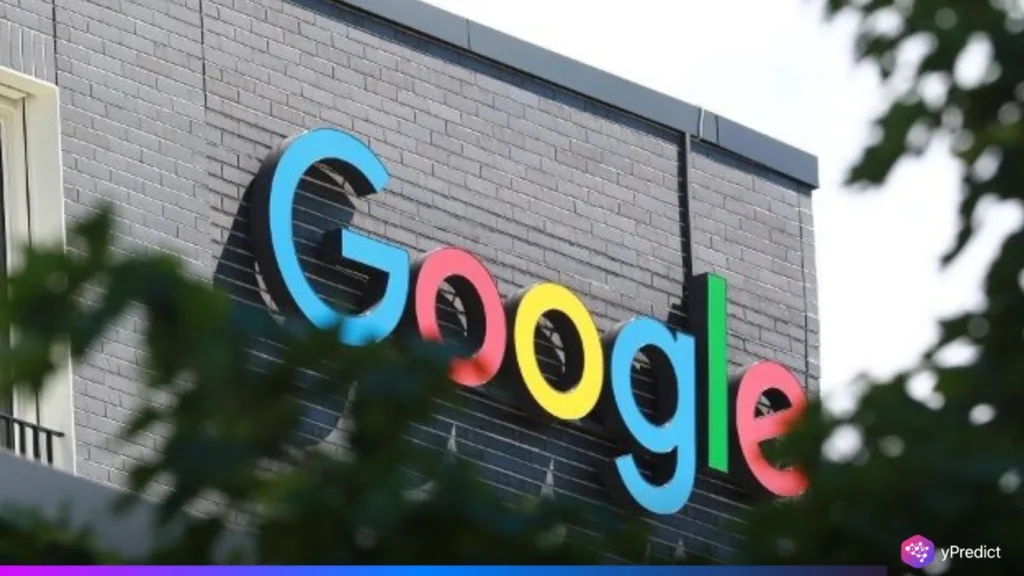
Google’s $2.4 billion deal to license Windsurf’s AI code-generation tech, without acquiring the company, marks a bold play to accelerate its agentic AI ambitions. Several key Windsurf team members, including CEO Varun Mohan, are joining Google DeepMind to contribute to Gemini, Google’s flagship AI model. With OpenAI previously in talks to acquire Windsurf outright, this deal underscores the talent arms race in AI. It’s a win for Windsurf investors, who retain equity while gaining liquidity. But it also raises red flags: it mirrors other “acquihire” workarounds that avoid antitrust review, a trend regulators are starting to scrutinize.
Anatomy of the Deal – Acquihire, Not Acquisition
Google’s agreement with Windsurf isn’t a traditional buyout. Instead, it’s structured as a $2.4 billion licensing deal for non-exclusive access to some of Windsurf’s technologies. At the same time, it poaches key employees, including Windsurf’s CEO, co-founder, and part of the R&D team, who will now work on Google DeepMind’s Gemini project focused on agentic coding, AI that writes, debugs, and evolves software with minimal human input. Windsurf retains its company status and enterprise focus under new interim leadership.
This move sidesteps traditional M&A scrutiny. Unlike full acquisitions, it doesn’t grant Google a controlling stake, thereby avoiding automatic antitrust review. But the intent is clear: capture core technology and talent while skirting regulatory thresholds. It’s part of a broader playbook by Big Tech; Amazon did something similar with Adept, Microsoft with Inflection, and Meta with Scale AI. These structures deliver the outcome of an acquisition, minus the oversight.
Windsurf, previously worth 1.25 billion with Kleiner Perkins and General Catalyst as investors, is a winner as well: the investors can receive liquidity through the licensing fee, keeping the future upside. Nevertheless, this development brings concerns to the discussion on how power is becoming concentrated in the AI domain and whether we can regulate it up to pace.
Implications for Agentic AI and Industry Competition
This deal is less about a transaction and more about the future of AI software development. Agentic coding, AI that autonomously writes and manages code, is the next frontier. Windsurf’s team, known for its progress in AI programming tools, will now turbocharge Google’s Gemini project. For Google, that means closing the talent gap with OpenAI and cementing leadership in AI productivity tools. For the broader market, it signals a shift: AI isn’t just for generating images or text; it’s rewriting how software itself is built.
But the strategy also highlights deepening concentration. Instead of competing in the open market, major players are vacuuming up top-tier teams before they can scale independently. This makes it harder for mid-sized startups to survive and narrows the field to a few giants. With Nvidia powering the hardware layer and companies like Google and Microsoft racing for dominance at the software layer, AI’s future is being decided behind closed doors.
The regulatory threat is increasing. Such structures obtained have a legal grey zone, which is meant to resemble a partnership but operates as a merger. The closer the value becomes concentrated in the few companies, the louder the demand to change antitrust laws in AI will be, particularly in anticipation of elections in 2026.
Talent Wins, Oversight Lags
Google’s Windsurf maneuver shows that in the AI race, talent is more valuable than ownership. With $2.4 billion paid for licensing and top engineers, it reinforces that agentic AI coding is the next battleground. But the deal also exposes how regulatory gaps let giants consolidate power without triggering scrutiny. Windsurf investors win, and Google gains critical leverage in its fight with OpenAI. Yet the pattern is troubling: fewer companies controlling more of AI’s direction. As the technology matures, so must the oversight. The future of AI may be open-source, but right now, it’s being locked up deal by deal.





